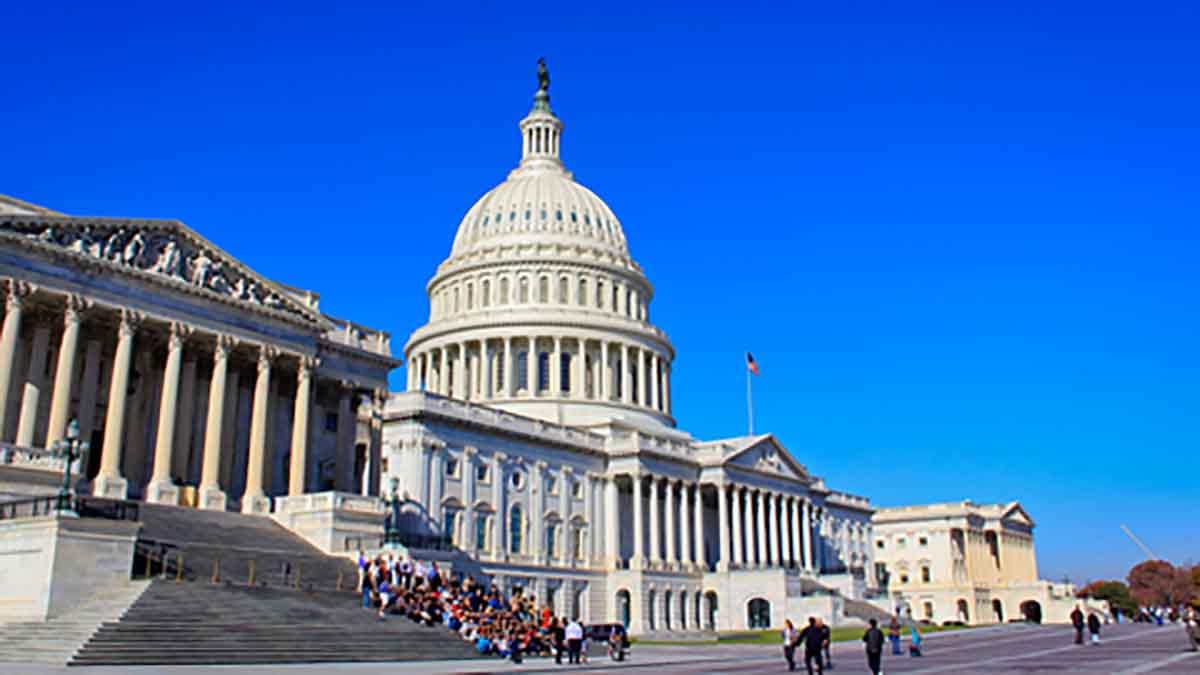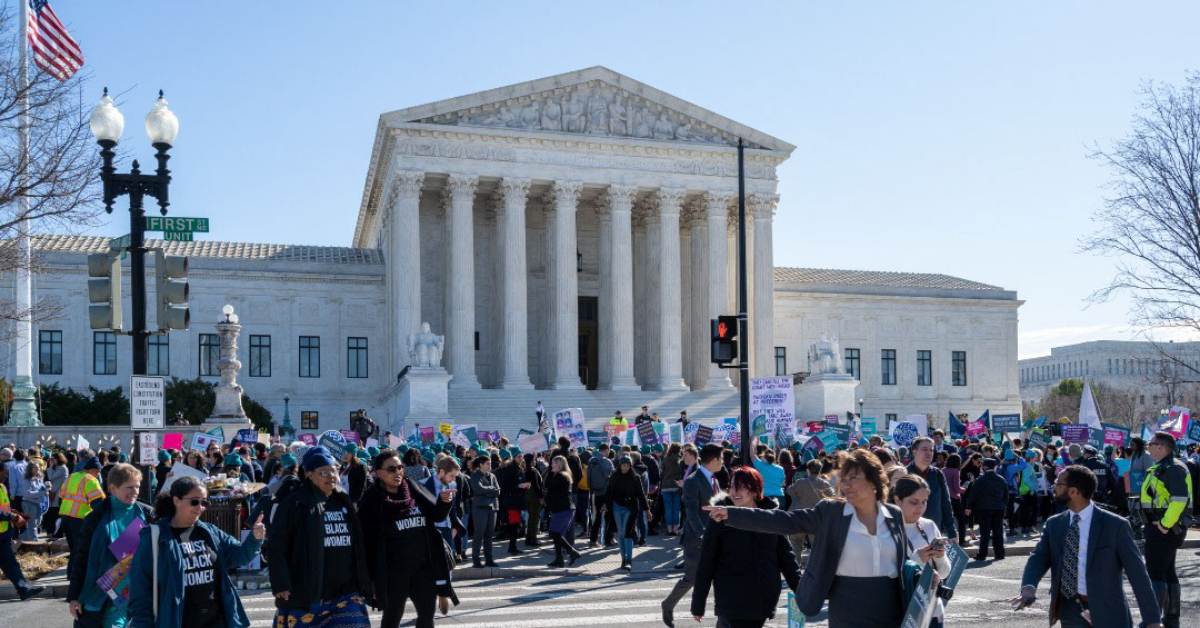This article was originally published to the Archbright Blog on 5/25/21.
With every new political administration, the inevitable shift in priorities is like a pendulum swinging in the opposite direction. Recently, with the Biden administration taking office, federal legislation has been focused on restoring previously repealed bills and introducing new bills that promote equal rights for LGBTQ+ individuals in employment, housing, healthcare, and more. President Biden signed an Executive Order reversing a ban on transgender people serving in the military and restoring protections in the Affordable Care Act against sexual discrimination in healthcare. In addition, the Equality Act is a newsworthy bill that passed through the U.S. House of Representatives in February and now will go before the U.S. Senate. It’s uncertain whether the bill will pass in the Senate. However, employers need to understand the bill, its origins, and best practices even if the Senate does not pass it into law.
History of Anti-Discrimination in Employment Legislation
Civil rights and the fight for equality have long been an essential social topic throughout history, starting in the 1860s when the Senate passed early versions of civil rights acts into law to prohibit racial discrimination in employment. The civil rights movement throughout the 1950s and 1960s prompted one of the most significant laws in employment relations - the Civil Rights Act of 1964. Title VII of this act prohibits workplace discrimination based on an individual’s race, color, national origin, religion, and sex. Over the years since then, the list of protected categories has grown through additional legislation at the federal, state, and local levels.
Recent Updates in Case Law and Pending Legislation
Anti-discrimination protections for LGBTQ+ individuals have long been hotly debated through court decisions and failed proposed legislation. On June 15, 2020, the U.S. Supreme Court ruled in Bostock v. Clayton that the definition of “sex” under Title VII includes gender identity and sexual orientation. As such, according to the court’s opinion letter, “an employer who fires an individual merely for being gay or transgender violates Title VII.”
President Biden followed the Supreme Court ruling with an executive order requesting that all federal agencies revise their own anti-discrimination regulations consistent with the Supreme Court ruling. While employers must generally abide by Supreme Court rulings, a future case and opposing decision could change the interpretation of the law. The Equality Act aims to formalize the Bostock decision by explicitly updating Title VII’s definition of sex. It could also expand the scope of non-discrimination protections based on sexual identity and sexual orientation to healthcare, housing, education, public accommodations, including retailers and transportation providers, and more.
Washington and Oregon employers are already subject to state laws that include sexual orientation and gender identity as protected characteristics. However, more than half of U.S. states do not explicitly ban discrimination based on sexual orientation or gender identity. Regardless of state location, it is always best practice to only take adverse action against an employee if the decision is based upon objective performance or job-related criteria and never based upon an individual’s personal characteristics.
What Actions Should Employers Take Now?
Employers should still ensure they are compliant with case law from the Bostock decision and all relevant state and local laws. It’s also an excellent opportunity for employers to take inventory of all policies and procedures to ensure fair treatment for all employees.
Archbright recommends that employers act immediately on the following:
- Audit benefit plans from an equity lens. Review Plan Booklets, Summary Plan Descriptions (SPD), or any other eligibility documentation for potential exclusions or barriers for LGBTQ+ individuals. Archbright does not offer benefit advice. However, benefit brokers are generally well-equipped to provide expert guidance on this topic.
- Update your anti-discrimination, anti-harassment, and Equal Employment Opportunity (EEO) policies. Ensure your list of protected categories of employees includes sexual orientation and gender identity, among all other federal, state, and local protected characteristics. Eligible Archbright members can take advantage of a free yearly handbook review to ensure compliance at all levels.
- Explore Diversity and Harassment training for employees and managers. Employers should provide formal training to their employees and supervisory staff to avoid lawsuits and potential claims and generally increase awareness across the organization. Archbright offers Diversity and Inclusion in the Workplace and Workplace Harassment Awareness training that can help educate participants about protected classes, appropriate behavior, and other ways to contribute to an inclusive work environment.
- Review restroom facilities. If your office has single-use restrooms, consider updating signage (if not already) to gender-neutral terminology like simply “Restroom” rather than “Men” or “Women.” If you have multi-stall restrooms, employers must allow employees to use the restroom consistent with their gender identity, regardless of their sex assigned at birth. If this makes employees uncomfortable, they should be directed – not the transgender employee – to a separate facility. Read our Transgender Employees Keynote available in the Resource Library on mozzo for more information.
The steps above can help employers ensure basic compliance; however, employers should also make strides to implement less tangible initiatives to create and maintain a diverse and inclusive work culture. Organizations immensely benefit when they go beyond compliance measures and foster an environment that is more inviting to various perspectives – generally experiencing higher employee engagement, less turnover, and unique solutions to real business challenges.
If your organization would like help identifying its current state of Diversity and Inclusion (D&I) efforts, developing a roadmap, and delivering impactful employee training for lasting change, consider our comprehensive Archbright Advance solution and let us guide you through the process.
For help with Archbright University training, handbook reviews, and accessing the mozzo Resource Library, Archbright members should contact their dedicated Account Executive. If you’re not currently a member but are interested in these resources, please contact info@archbright.com.

 Lindsey Sosa
Lindsey Sosa



